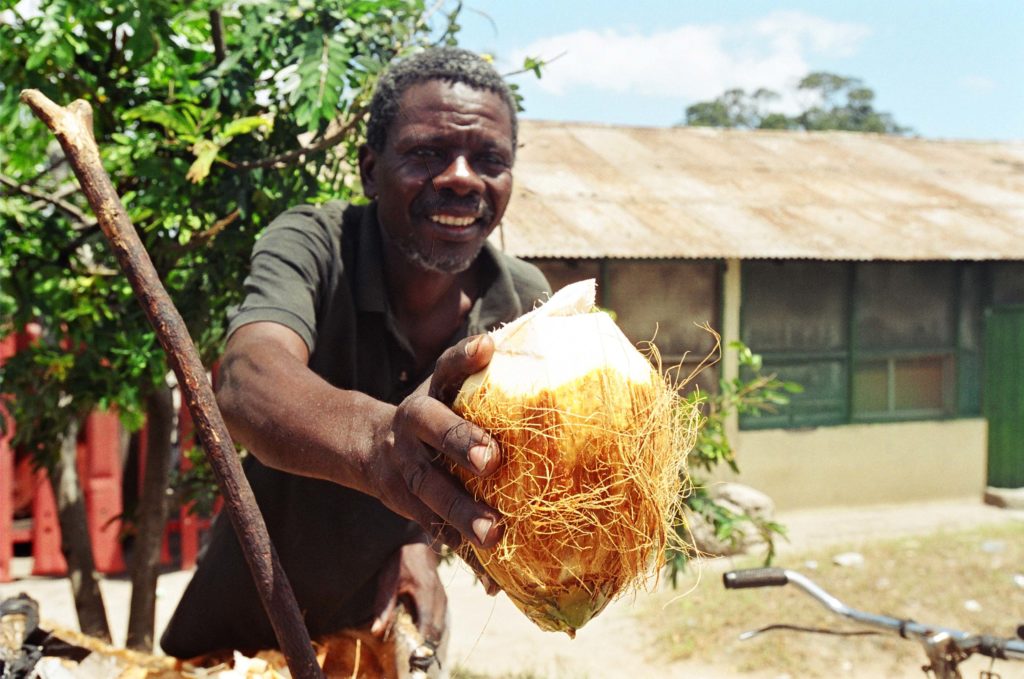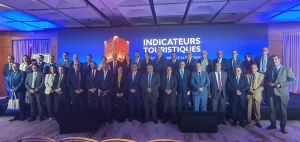Tourism is an important sector in many developing countries. Globally, it has been the highest generator of new employment and its role was expected to grow in importance with growth foreseen in the next 10 years. Positive growth in tourism has positive knock-on effects in supporting sectors such as agriculture, construction, manufacturing, retail, handicrafts, and financial services – one new job in tourism creates one and a half indirect jobs.
However, with the quick spread of the COVID-19 pandemic throughout the world, the sector has suddenly come to halt putting millions of people at risk of losing their jobs and sliding into poverty. According to the Organization for Economic Cooperation and Development (OECD), the COVID crisis could cause the international tourism economy to contract by between 45% and 70%, depending on the duration of the crisis and the speed of the sector’s recovery.
At a time where private sector, governments and development partners are trying to come up with a coherent response to put the sector back on its feet, there is a need to reflect on the structural challenges that were inhibiting the sector’s capacity to create quality and resilient jobs, before the pandemic.
“Accelerating tourism’s impact on jobs. Lessons from market system analysis in seven countries” takes stock from seven Lab’s tourism markets systems analyses around the world to understand the common challenges and opportunities in tourism in a wide array of contexts. The analyses were carried out before the pandemic, but its insights are particularly relevant as they provide concrete recommendations on how projects can position themselves to drive the most change and #BuildBackBetter the tourism sector.
Interested in advancing knowledge or improving job quality and resilience in the tourism sector? Reach out to us (thelab@ilo.org) to see if we can find a way to work together to create more and better jobs.







